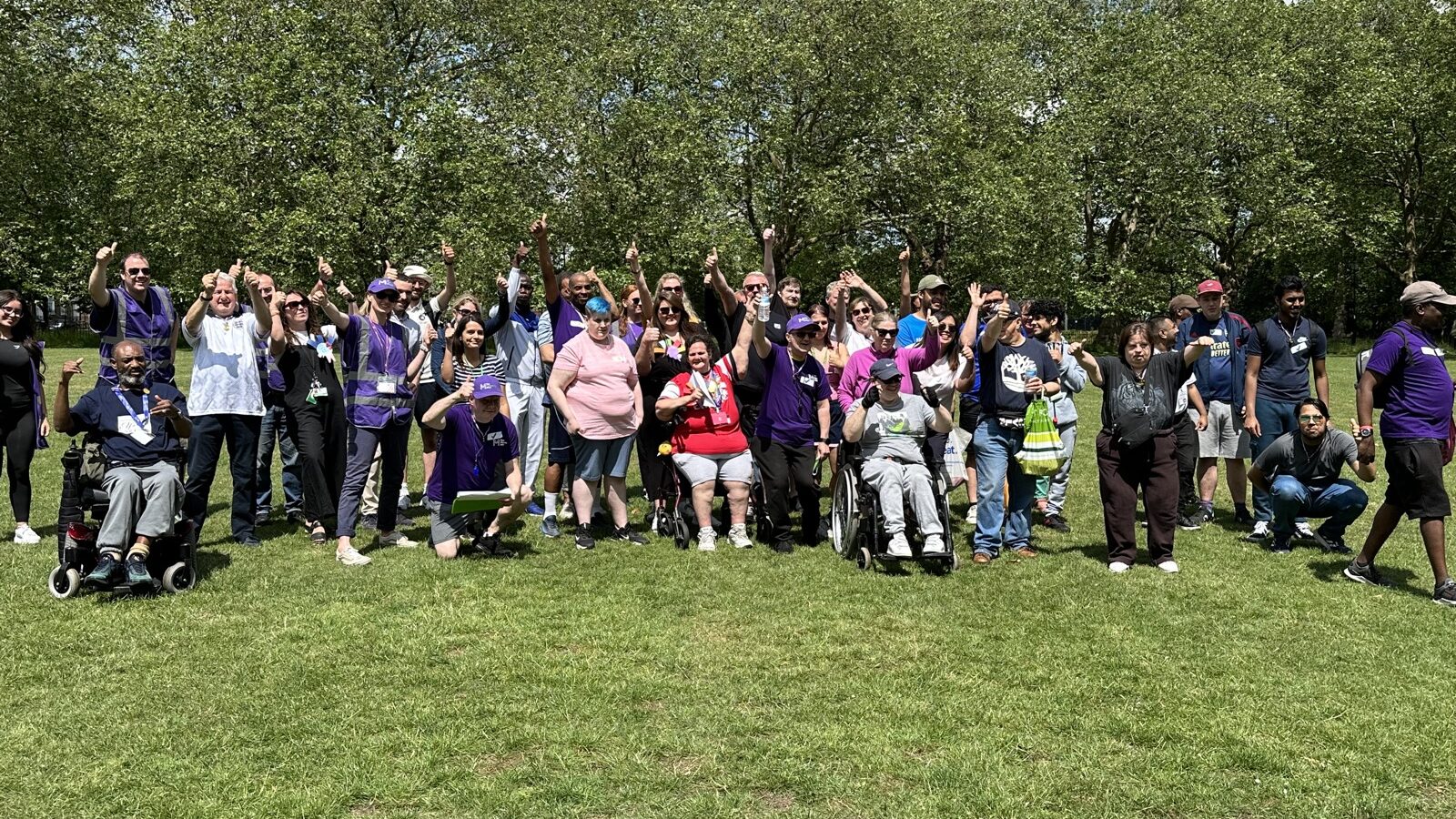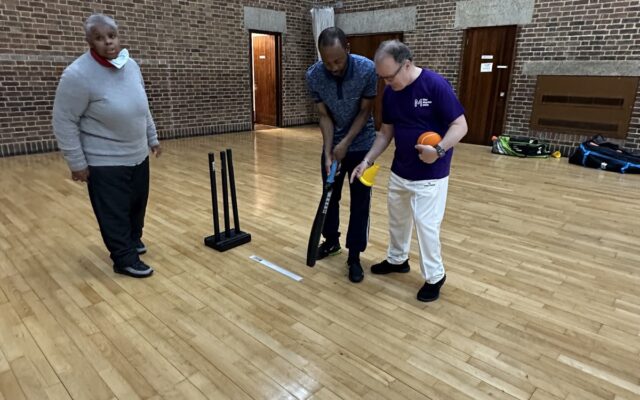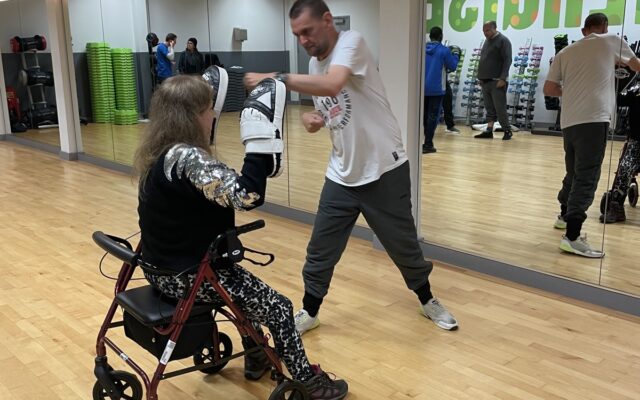Jo Smith (not her real name) wanted to learn how to play tennis, but was worried about meeting new people at unfamiliar sessions and reluctant to leave her residential home.
A few months ago, she joined free tennis sessions at the Islington Tennis Centre and Gym in north London run by the Elfrida Society charity. Initially, a support worker accompanied her as she found taking part a challenge, but the coach and fellow players helped build her confidence.
Smith is now a regular, walking independently to weekly sessions, and an enthusiastic player who is developing her tennis skills.
She is one of the 1,000 people with learning disabilities and/or autism who have participated in the Elfrida Society Sports Project since it was set up 10 years ago.
The scheme responds to the lack of affordable, inclusive and accessible sporting options for this group. It is also based on feedback from individuals supported by the Elfrida Society about the gaps in this kind of provision.
The aim is to make sports more accessible, so everyone can enjoy the physical and social benefits, regardless of ability and financial constraints.
Plenty of evidence shows engaging in sports boosts physical and mental health. It provides opportunities for social interaction, fosters a sense of community belonging and can help develop skills such as teamwork, communication, coordination and problem-solving as well as independence.
Earlier this year, this work to promote health, wellbeing and inclusion was recognised when the charity won the Youth Sport Trust’s Sport Gives Back Community Group of the Year Award 2024.
More than 50 people aged 16-70 join weekly cricket, football, tennis and fitness training at three local venues, which offer free or affordable facilities. Project partners Middlesex Cricket Club and SportWorks provide qualified coaches. People can join directly or are referred by the council, learning disability services, schools, colleges or GPs.
Every June in Learning Disability Week, around 200 people take part in Elfrida’s sports day at Highbury Fields with partners including disability and sports bodies.
Negative stereotypes and attitudes towards people with learning disabilities perpetuate a belief that they cannot participate in sports. Inaccessible facilities, a lack of adaptive equipment and limited transport may prevent people from accessing such opportunities. The cost of sessions, equipment and transport can be prohibitive.
The charity is working on fundraising so it can expand activities to include swimming, yoga or dance, and also plans to engage more young people with learning disabilities.
Dolly Galvis is chief executive and Nikki Chivers is sports project co-ordinator at Elfrida Society







